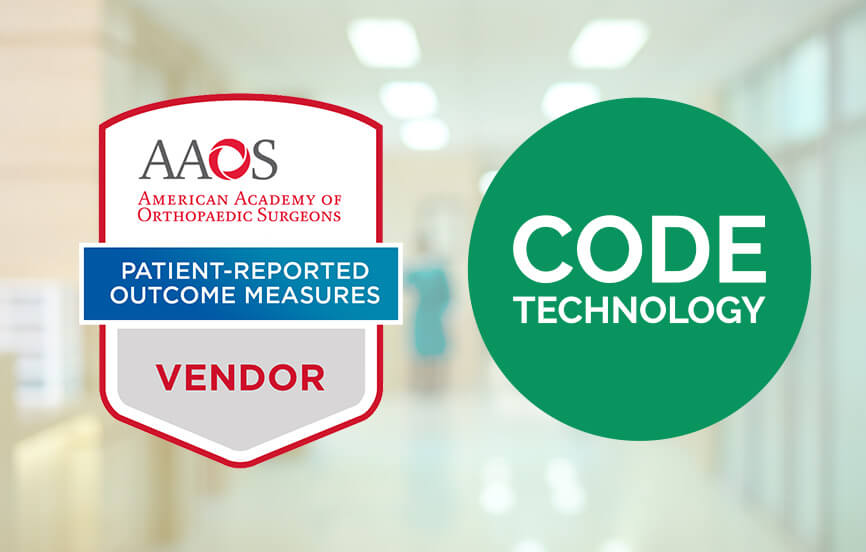Breaking Down the 2026 IPFQR Updates: CMS Reporting Changes for Behavioral Health
The Centers for Medicare & Medicaid Services (CMS) has finalized key updates to the Inpatient Psychiatric Facility Quality Reporting (IPFQR) Program as part of the FY 2026 rulemaking.
As part of CMS’s broader push to collect quality data to inform consumers, promote accountability and improve the quality of care, these changes reshape how behavioral health facilities, psychiatric hospitals and inpatient units must measure, report, and ultimately demonstrate quality.
Here’s what facilities need to know about the basics of the IPFQR program, the introduction of the PIX survey, and other important reporting updates.
Understanding the IPFQR Program
The Inpatient Psychiatric Facility Quality Reporting (IPFQR) Program is CMS’s framework for holding behavioral health and psychiatric hospitals and units accountable for care quality.
Each year, facilities must submit data on standardized measures spanning clinical outcomes, patient safety and patient experience.
Compliance isn’t optional—facilities that fail to submit required data face a 2 percentage point reduction to their Annual Payment Update (APU).
That means staying on top of reporting requirements is not only about quality but also about protecting reimbursement.
Spotlight on the New PIX Survey
One of the most significant updates to IPFQR is the addition of the Psychiatric Inpatient Experience (PIX) Survey, a patient-reported outcome performance measure (PRO-PM). Unlike clinical chart-based measures, PIX captures anonymous feedback directly from patients about their care.
The survey evaluates four domains central to the inpatient psychiatric experience:
- Treatment team relationship
- Care environment
- Treatment effectiveness
- Nursing team presence
To comply, facilities must administer the survey during inpatient stays and submit results from at least 300 completed surveys annually. CMS has set a phased implementation:
- Voluntary reporting begins in CY 2025
- Mandatory reporting begins in CY 2026, with data tied to payment determinations and results published on Care Compare
By introducing PIX, CMS is signaling that patient experience is no longer optional – it’s a core quality metric for behavioral health facilities.
Other Key Updates in the FY 2026 IPFQR Final Rule
Four Measures Removed
CMS is streamlining reporting by removing four measures beginning with the CY 2024 reporting period / FY 2026 payment determination:
- Facility Commitment to Health Equity
- COVID-19 Vaccination Coverage Among Health Care Personnel
- Screening for Social Drivers of Health
- Screen Positive Rate for Social Drivers of Health
This reduces burden but also shifts the focus: health equity and social drivers remain national priorities, but they will no longer be required within IPFQR reporting.
ED Visit Measure: Longer Reporting Window
The 30-Day Risk-Standardized All-Cause Emergency Department (ED) Visit Following IPF Discharge measure will now be calculated over a two-year fiscal year reporting period instead of a single calendar year.
Implication: Facilities must adapt analytics and tracking processes to reflect a longer reporting window. This affects how quickly data can be acted upon and how performance trends are interpreted.
Extraordinary Circumstances Exception (ECE) Updates
CMS updated its ECE policy to give facilities more flexibility during crises:
- Facilities now have 60 days (reduced from 90) to submit an ECE request.
- Extensions are explicitly allowed as a type of relief.
This codified process makes it critical for facilities to have internal protocols in place so requests don’t fall through the cracks during emergencies.
Why This Matters for Psychiatric Facilities
The IPFQR Final Rule may reduce some reporting requirements, but it also raises the bar by embedding patient experience and PROs into the heart of behavioral health quality. Facilities that adapt early will:
- Avoid costly payment reductions
- Stay aligned with CMS’s evolving priorities
- Strengthen their ability to demonstrate high-quality, equitable psychiatric care
But for many inpatient psych teams already stretched thin, tracking measure removals, new reporting periods, and anonymous PRO collection can feel overwhelming.
Partner with CODE Technology
That’s where CODE Technology comes in. We stay current on all things CMS PRO-PM reporting and specialize in managed patient-reported outcomes (PROs) so you don’t have to add staff or disrupt workflows.
Our experts handle the details—anonymous survey administration, compliance reporting, and benchmarking—so you can focus on what matters most: delivering exceptional behavioral health care.
The IPFQR Final Rule is filled with nuances. Instead of letting these complexities drain your team, let CODE manage your PROs and keep you ahead of every reporting change.
Explore CODE’s fully-managed PROMs:
Partner with CODE Technology to simplify IPFQR reporting, protect reimbursement and turn patient-reported data into a driver of better outcomes.




